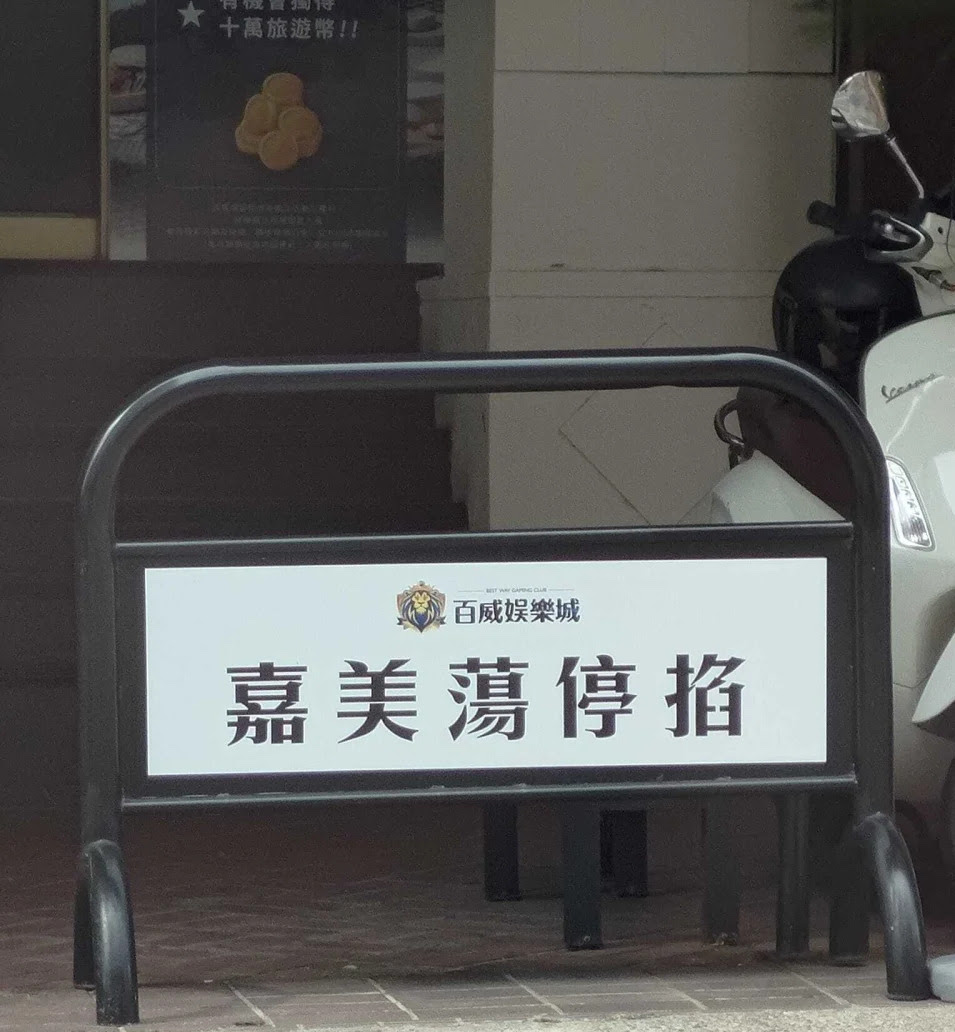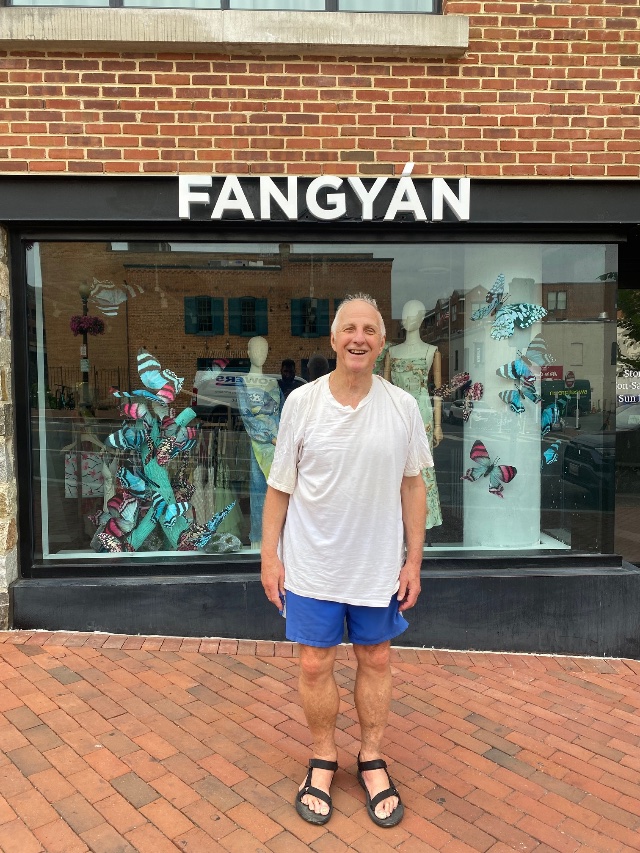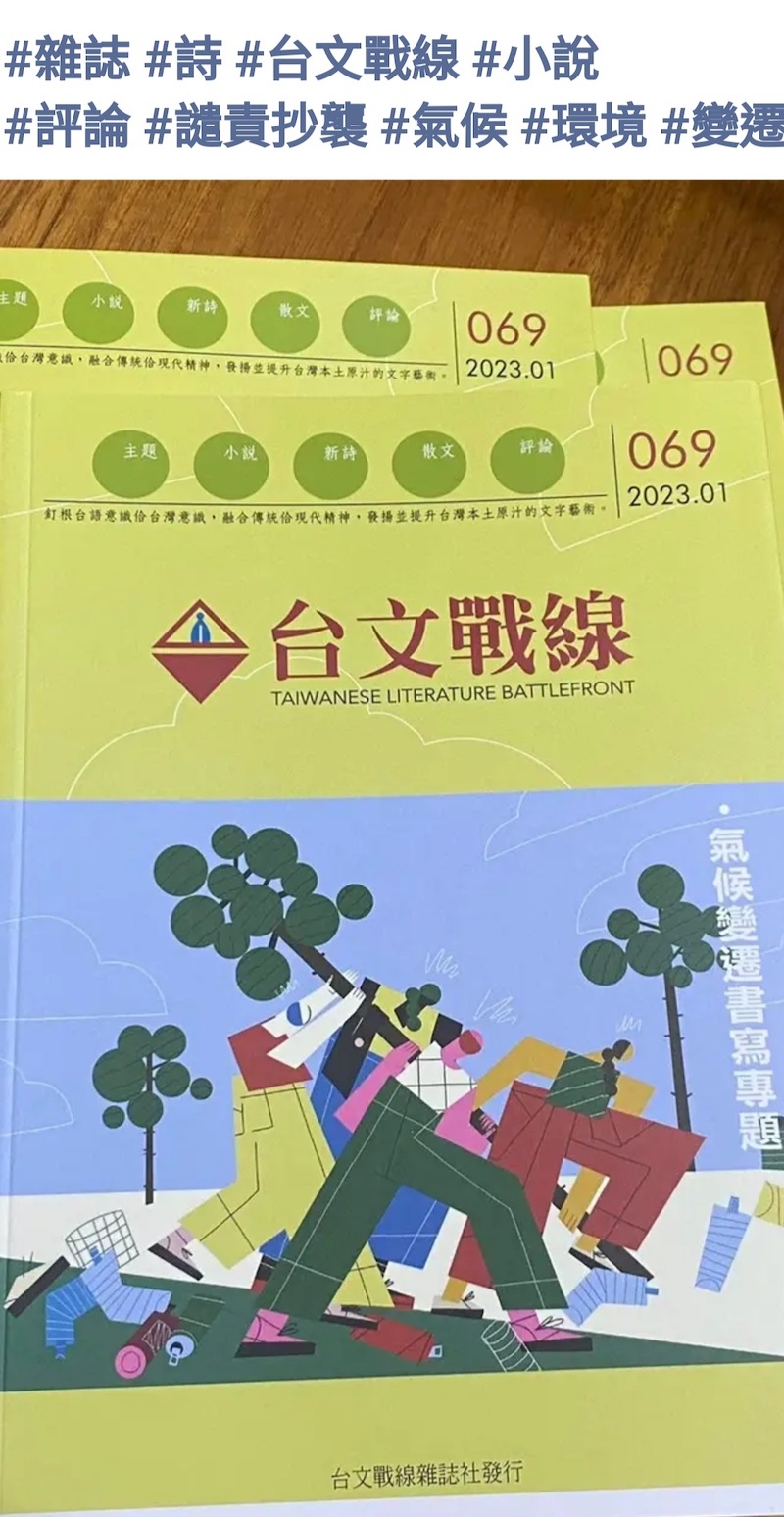Archive for Topolects
Elk topolects
Who would have thought?
Even North America’s Elk Have Regional Dialects
Why do Pennsylvania elk sound different from Colorado elk?
By Kylie Mohr, The Atlantic Monthly (July 16, 2023)
—–
It’s a crisp fall evening in Grand Teton National Park. A mournful, groaning call cuts through the dusky-blue light: a male elk, bugling. The sound ricochets across the grassy meadow. A minute later, another bull answers from somewhere in the shadows.
Bugles are the telltale sound of elk during mating season. Now new research has found that male elks’ bugles sound slightly different depending on where they live. Other studies have shown that whale, bat, and bird calls have dialects of sorts too, and a team led by Jennifer Clarke, a behavioral ecologist at the Center for Wildlife Studies and a professor at the University of La Verne, in California, is the first to identify such differences in any species of ungulate.
…
Read the rest of this entry »
Impressive speech in Taiwanese by Australian representative
Over the last three years, I have seen first-hand Taiwan’s rich diversity and resilience and experienced the warmth, friendship, support and hospitality of the Taiwanese people. As I prepare to return to my hometown #Melbourne in the coming weeks, see my message in Taiwanese: pic.twitter.com/oSZ1hKp6Jx
— Australian Office (@AusOfficeTPE) July 4, 2023
Read the rest of this entry »
Fangyán = topolect in DC
I'm in Georgetown for a few days to meet with colleagues and do some research. Shortly after I left my hotel and headed down Wisconsin Avenue toward the Potomac for a morning run, I stopped dead in my tracks when I crossed over the canal and saw this:
Read the rest of this entry »
Topolects and texts
Illuminating new book from Hong Kong University Press edited by Richard VanNess Simmons:
Studies in Colloquial Chinese and Its History: Dialect and Text
ISBN : 978-988-8754-09-0
The book also has a Chinese title:
Hànyǔ kǒuyǔ de lìshǐ yánjiū: fāngyán hé wénxiàn
漢語口語的歷史研究:方言與文獻
I would prefer to render this into English as:
Studies on the History of Spoken Sinitic: Topolects and Texts
Read the rest of this entry »
The Cantophone and the state
Cantonese — its nature, its status, its past, present, and future, its place in the realm of Sinitic languages and in the world — has been one of the chief foci of Language Log. Consequently, it is my great pleasure to announce the publication of the three-hundred-and-thirty-fourth issue of Sino-Platonic Papers:
“The Concept of the Cantophone: Memorandum for a Stateless Literary History,” by Wayne C. F. Yeung.
https://sino-platonic.org/complete/spp334_cantophone.pdf
This is a landmark work of scholarship that penetratingly probes the position of Cantonese — and thereby all "Chinese" topolects — in the complex mix of language, literature, nation, politics, and culture.
Read the rest of this entry »
CCP scamming with a Taiwanese-like accent
Topolects matter:
Taiwanese buys anti-CCP book, gets scam call from Chinese propagandist:
Caller posing as Eslite Bookstore’s ‘marketing department’ tells consumer book content inappropriate
By Stephanie Chiang, Taiwan News, Staff Reporter (5/14/23)
Before delving into the substance of this report, I should mention that Eslite is a huge, and hugely influential, bookstore in Taiwan.
AntC, who called this article to my attention, remarks:
A 'scammer' (not sure that's the right term here) called someone who'd bought a book at Eslite book store, Taipei. Then proceeded with a fake 'customer survey' about the purchase. The customer's facebook post (in Chinese) relating the interaction is here.
The linguistic interest: "despite the caller’s Taiwanese-like accent, it became apparent to her that she was not truly a Taiwanese native."
Read the rest of this entry »
Shanghainese under attack
Headline in a Hong Kong Chinese newspaper, Bastille Post 巴士的報 (4/15/23):
Shànghǎi Xújiāhuì shūyuàn yìmíng zhī zhēng shìfǒu gǎi yòng Hànyǔ Pīnyīn zhuānjiā hándié
"Controversy over the transcription of the name of the Xujiahui Library in Shanghai: should it be changed to Hanyu Pinyin? Expert opinions"
Currently the name of this library at the entrance to its impressive building is "Zikawei". What does this name signify, and why is it a matter of contention? Put simply, "Zikawei" is the Shanghainese pronunciation of Mandarin "Xujiahui", and some nationalistic partisans are opposed to the use of Shanghainese on a public building in Shanghai.
Read the rest of this entry »
The historical vagaries of a Shanghai temple and town name: Lu Ji and the "Wenfu" ("Rhapsody on literature")
From Rostislav Berezkin, who teaches at Fudan University:
The place where I stay is called Qibao town, now Minhang district of Shanghai. The name means "Seven Treasures". It comes from the name of the Buddhist temple called Qibaosi. Legend says that the temple was built by the Lu family to commemorate Lu Ji* and Lu Yun, brothers of the 3rd cent. AD who were very famous poets and politicians. Their tombs were located there. It became known as Lubaosi (Precious Temple of Lu). But 500 years later the king of Wuyue (907-978) during the Ten Kingdoms (907-979) period visited the place. When he asked the name of the temple, he misheard it as "Six Treasures Temple"; "six" is pronounced somewhat like "lok" in modern Shanghainese (it's "luc" in modern Vietnamese, also an equivalent of the "entering" tone). Apparently this is very close to the medieval pronunciation of the Lu surname ("[main]land"). The king was perplexed because there are seven treasures in Buddhism, not six. Therefore, he decided to donate the precious manuscript of the Lotus Sutra in gold letters he had made before, so that it would constitute the seventh treasure. Then the monastery became known as the Qibaosi.
Read the rest of this entry »
Writing English with Chinese characters
Responding to "Transcriptional Chinese animal imagery for English daily greetings" (3/13/23), Mary Erbaugh, using Yale Cantonese romanization, writes:
————
I've never seen it done with animal names, though probably easier to remember, amusing.
I'm used to the English word pronunciations in old fashioned HK (& Taiwan) almanacs, like the Bou Lòh Maahn Yauh (Cant.) / Bāo luò wàn yǒu (Mand.) 包纙萬有 ("all-inclusive"), available in any Chinatown; English title The Book of Myriad Things, an All-Inclusive Reference. In the exposition below, I use the 1993 Hong Kong edition published by Jeuih Bóu Làuh Yanchaatchóng 聚寳樓印刷廠 [VHM: 聚[jeui6]寳[bou2]樓[lau4/lau2]印[yan3]刷[chaat3]廠[chong2] — Cantonese conversion by this tool; (Modern Standard Mandarin) MSM transcription in pinyin: Jùbǎo lóu yìnshuā chǎng]. It gets re-published every year, in near-identical form, except for the calendars.
Read the rest of this entry »
Iteration marks and repeaters in ancient Chinese texts
Let us begin this post with a brief introduction to the 16th-century Hokkien (Minnan) drama, Tale of the Lychee Mirror:
The Tale of the Lychee Mirror (traditional Chinese: 荔鏡記; simplified Chinese: 荔镜记; pinyin: Lì jìng jì; Pe̍h-ōe-jī: Nāi-kèng-kì, Lē-kèng-kì) is a play written by an unknown author in the Ming dynasty. Tân Saⁿ and Gō͘-niû (traditional Chinese: 陳三五娘; simplified Chinese: 陈三五娘; pinyin: Chén Sān Wǔniáng; Pe̍h-ōe-jī: Tân-saⁿ-Gō͘-niû) is a popular Taiwanese opera based on the script.
(source)
Read the rest of this entry »
"Plastic Mandarin"
That's a literal translation of “sùliào pǔtōnghuà 塑料普通话” ("Plastic Mandarin") or “sùpǔ 塑普” for short. "Plastic" here means "artificial, inauthentic, fake"; in Changsha Xiang topolect (also known as Hunanese), the first syllable is a homophone for "bad", so the short form also means "bad Mandarin".
Chenzi Xu, a doctoral candidate at Oxford University, is from Xiangtan (population nearly 3 million), a prefecture-level city in east-central Hunan province, south-central China. an hour's drive from Changsha She went to a middle school in Changsha (population over 8 million), capital of Hunan province, so she knows the local language well.
The hometowns of several founding leaders of the Chinese Communist Party, including Chairman Mao Zedong, President Liu Shaoqi, and Marshal Peng Dehuai, are in Xiangtan's administration, as well as the hometowns of Qing dynasty and republic era painter Qi Baishi, scholar-general Zeng Guofan, and tennis player Peng Shuai.
(source)
Other notables who hail from Xiangtan include the Taiwan politicians Ma Ying-jeou and James Soong, so this is a place whose language habits bear considerable weight nationwide.
Read the rest of this entry »
Permalink Comments off


